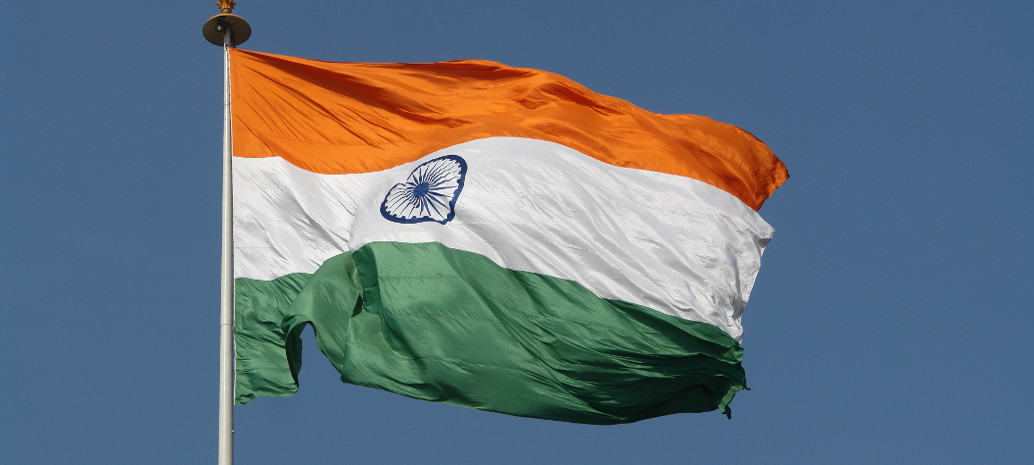India’s electricity demand in the first half of 2021 grew only 3% higher than H1-2019 levels due to the continued impact of the pandemic. This is one of the lowest increases in developing Asia as pandemic restrictions continued, according to a half-yearly report by London-based research organization Ember.
The nation met almost three-quarters (72%) of the increase in electricity demand with growth in solar (+47%) and wind (+9%). However, coal generation also increased by 4% to fill the remaining gap in demand and to fill reduced hydroelectricity generation, almost returning to its 2018 peak.
The figures paint a better picture for India than other Asian nations where coal/fossil fuel growth accounted for a much bigger share in meeting the rise in electricity demand.
For instance, China’s electricity demand rose by 14% from H1-2019 to H1-2021. And it met only 29% of that rise in demand by wind and solar; over two-thirds (68%) was met by coal power. That pushed up China’s power sector CO2 emissions by 14% from H1-2019 to H1-2021.
Bangladesh met electricity demand growth almost entirely from fossil fuels. Pakistan was the only country besides Bangladesh that saw no increase in wind and solar generation, simultaneous to a rise in electricity demand.
Grey recovery
The 4% rise in coal generation, and thus increase in CO2 emissions, puts India among grey recovery countries, i.e., countries where high electricity demand growth was met in part with wind and solar and in part with extra coal generation, leading to higher power sector CO2 emissions.
The Ember report finds mostly Asian countries (Mongolia, China, Bangladesh, Vietnam, Kazakhstan, Pakistan, and India) saw a ‘grey recovery.’
This content is protected by copyright and may not be reused. If you want to cooperate with us and would like to reuse some of our content, please contact: editors@pv-magazine.com.









By submitting this form you agree to pv magazine using your data for the purposes of publishing your comment.
Your personal data will only be disclosed or otherwise transmitted to third parties for the purposes of spam filtering or if this is necessary for technical maintenance of the website. Any other transfer to third parties will not take place unless this is justified on the basis of applicable data protection regulations or if pv magazine is legally obliged to do so.
You may revoke this consent at any time with effect for the future, in which case your personal data will be deleted immediately. Otherwise, your data will be deleted if pv magazine has processed your request or the purpose of data storage is fulfilled.
Further information on data privacy can be found in our Data Protection Policy.